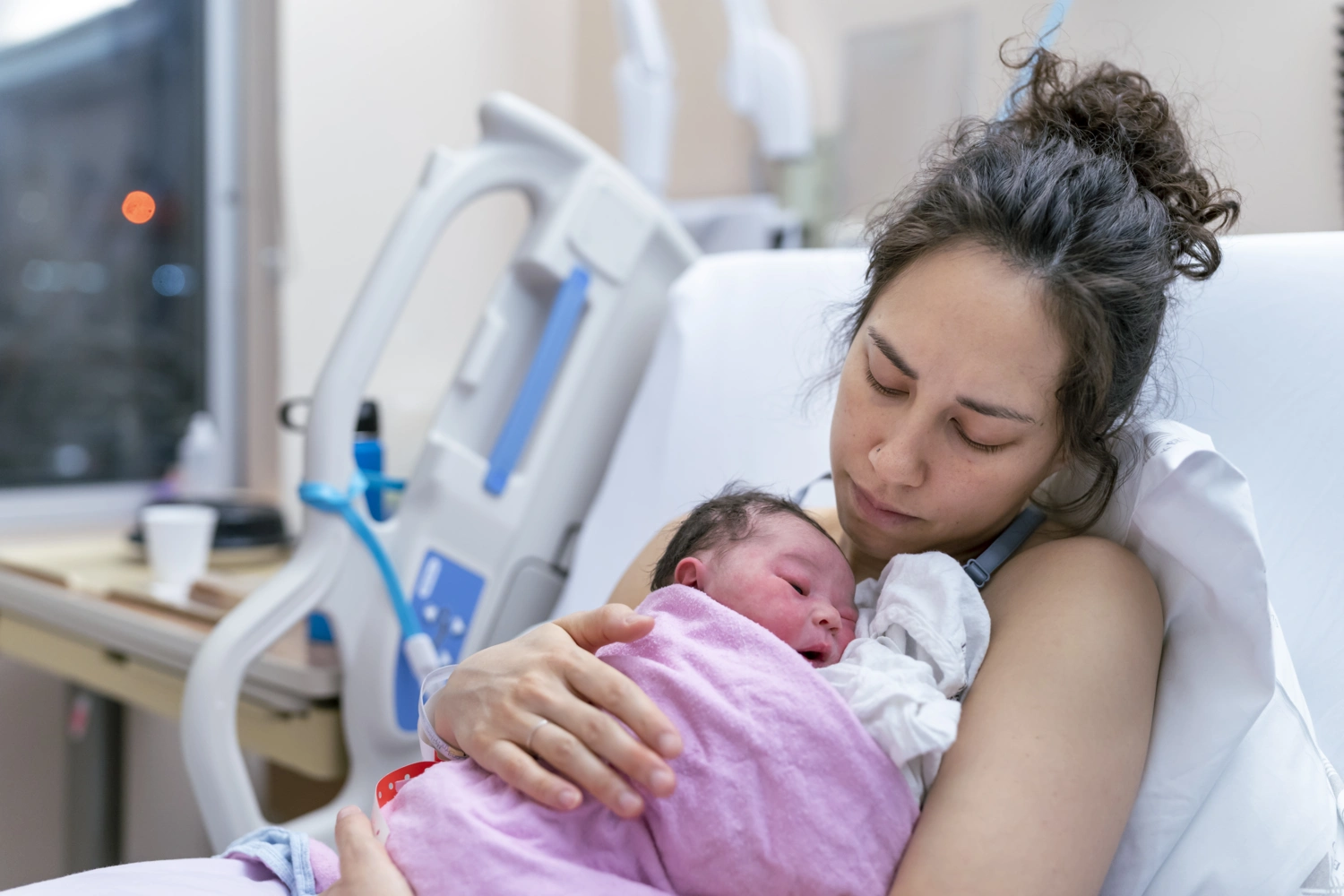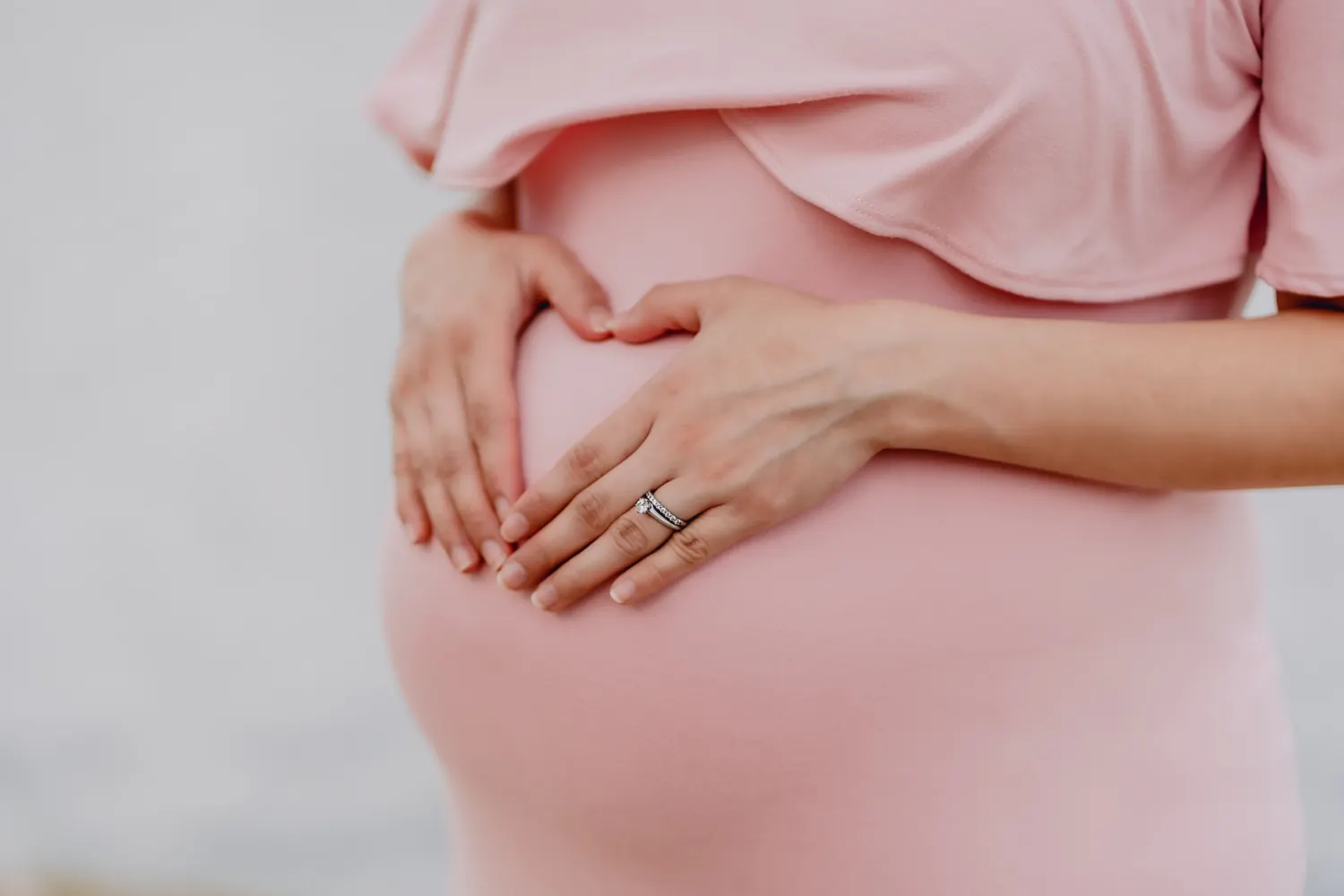There are 629 COVID-19 cases in hospital in Victoria – with 27 active cases in ICU, including 4 on a ventilator, and an additional 10 cleared cases in ICU.
This is the first time Victoria has exceeded 600 COVID-19 patients in hospital since 7 February this year.
6,282,856 vaccine doses have been administered by Victoria’s state-commissioned services with 637 doses administered yesterday at state-run centres.
68.5 per cent of Victorians aged 16 and over have had 3 doses of a COVID-19 vaccine. 94.6 per cent of Victorians aged 12 and over have had 2 doses.
9,676 new cases of COVID-19 were recorded yesterday. This includes 6,917 who tested positive on a Rapid Antigen Test and 2,759 who returned a positive result on a PCR test.
Sadly, the Department was notified of 9 deaths yesterday of people aged in their 70s and 80s. This brings the total number of deaths in Victoria since the pandemic began to 4,053.
There are 52,786 active cases in Victoria.
14,076 PCR tests were processed yesterday. The total number of PCR tests performed in Victoria since the pandemic began is 21,513,381.
Updates
New ATAGI recommendations for fourth dose COVID-19 vaccinations
The Australian Technical Advisory Group on Immunisation (ATAGI) has updated its recommendations for winter dose COVID-19 vaccinations.
The updated recommendations are:
- Adults aged 50 to 64 years are now recommended to receive a winter booster dose of a COVID-19 vaccine.
- Adults aged 30 to 49 years can receive a winter booster dose of a COVID-19 vaccine, however the benefit for people in this age group is less certain.
- The interval recommended between a recent SARS-CoV-2 infection or the first booster dose and a winter booster dose is now 3 months (reduced from 4 months).
To see ATAGI’s advice in full, visit
Where to get vaccinated
From Monday, people now eligible for a fourth COVID-19 dose will be able to book in for the booster from their doctor, pharmacist or immunisation provider.
Victoria’s state-run vaccination centres are now targeted to ensure support remains available for Victorians and communities most at risk of serious illness from COVID-19, such as people aged 65 and over, Aboriginal and Torres Strait Islanders aged 50 and over, people with compromised immunity and people with a disability.
Winter dose boosters will be available from our state-run vaccination centres on Monday, but if you are not in the above higher-risk categories, it is recommended that you first contact your GP or local pharmacy to book your vaccination.
You can also go online and use the Australian Government’s for a vaccination provider nearest you.
Omicron BA.4/BA.5 now dominant in Victoria
The rate of BA.4/BA.5 in clinical genomic surveillance and metropolitan and regional wastewater catchments continues to rise significantly, with latest data indicating these are now the dominant circulating strains in the community – with BA.5 greater than BA.4.
The BA.4/BA.5 sub-lineages were first identified in catchments in April and have since risen from under 5 per cent in late May to an average of 53.5 per cent across all Victorian wastewater catchments by 30 June.
BA.4/BA.5 have become the dominant strains in clinical genomic samples, rising to 50.3 per cent in the 2 weeks prior to 20 June.
Case and hospitalisation trends are increasing in Victoria. This is in line with similar patterns globally and in other Australian jurisdictions which have seen a significant rise in the number of people hospitalised with COVID-19 in recent weeks.
The Department of Health anticipates a further increase in cases – including reinfections – and hospital admissions and deaths in the coming weeks due to BA.4/BA.5. This is because the strain has a greater ability than BA.2 to evade immunity provided by vaccination and earlier COVID-19 infection.
There is no evidence at this stage that the BA.4/BA.5 sub-lineages causes more severe disease, but the Department is closely monitoring the situation.
The Department strongly encourages Victorians to remain up to date with their vaccines, in particular people eligible for third and fourth doses, and to stay home if unwell and test for COVID-19.
The wearing of masks and measures to make indoor air safer will have a significant impact in reducing transmission of the BA.4/5 sub-variants. Masks continue to be strongly recommended in shared indoor settings, if you can’t physically distance or you are with those more vulnerable to COVID-19. Improve ventilation by opening doors and windows, using fans or purifiers, and gathering outside where possible.
Face masks are still required for everyone aged 8 and above in some locations, including on public transport, rideshares and taxis, and in sensitive settings such as hospitals and care facilities. They are also required by household contacts in quarantine who meet the criteria for leaving home.
If you test positive on a rapid antigen test, report your result to ensure you have access to the right level of care if you need it.
COVID-19 medicines are available for eligible Victorians at increased risk of severe illness if they are infected with COVID-19. If you are eligible for early treatment and you develop symptoms, get tested as soon as you can and consult your GP or GP respiratory clinic so you can get access to medicines, which are available on the Pharmaceutical Benefits Scheme.
These antiviral medications if taken early (within 5 days of symptoms), reduce the severity of COVID-19 symptoms, make the need for hospitalisation less likely, and reduce the risk of loss of life from COVID-19. See more information at
Pandemic declaration extended
Victoria’s pandemic declaration has been extended from 11.59pm on Tuesday 12 July for a further three months.
More details can be found at .
Data resources available online
Comprehensive Victorian COVID-19 data, including graphs showing case numbers, location and age group remains available .
- your positive Rapid Antigen Test or find out more about








